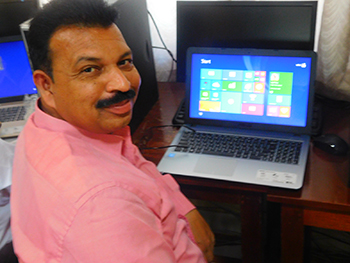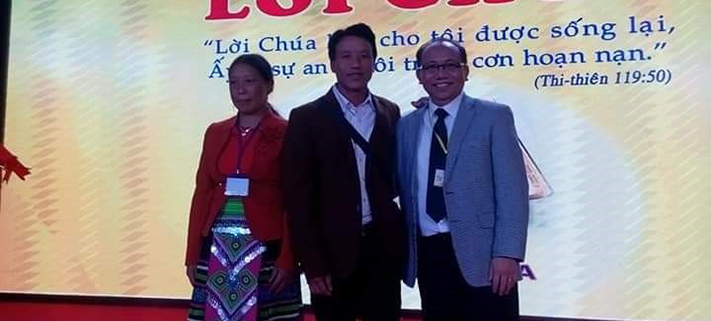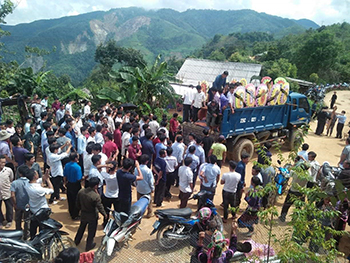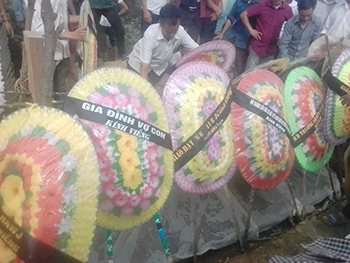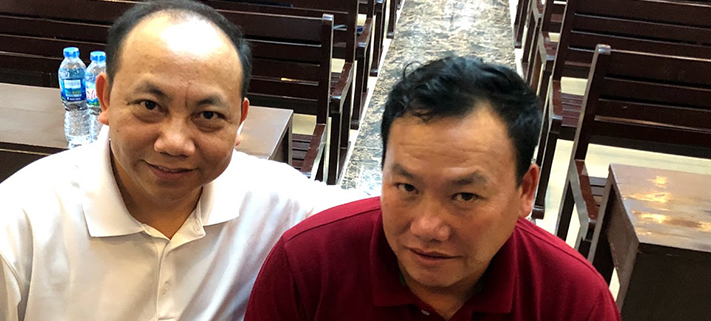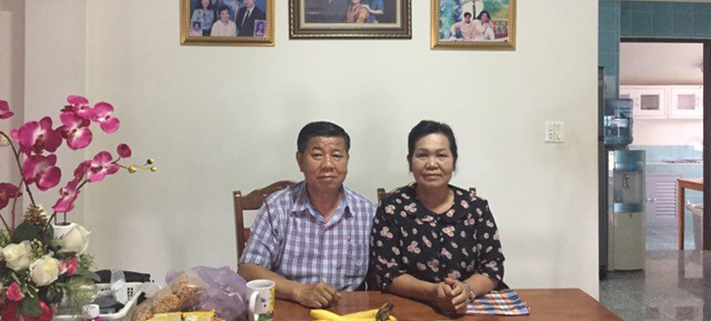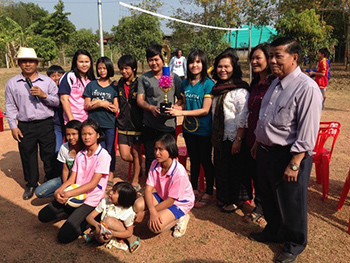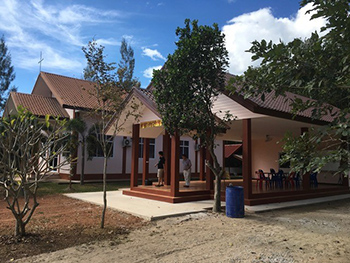Last month I finished teaching the course, “Equip the Believers to Serve” to a group of nine men and women. It’s a course that I love teaching for two reasons. First, in Asia there is some misunderstanding about serving God. Many students come into the class thinking it is going to be a course about how they will dedicate more of their lives to church work. I suspect this is everywhere, even in my own heart. How often do we realize we do a poor job of balancing all the callings God gives us in our lives by over valuing some and undervaluing and abandoning others? And for the students, in the face of long hours at their jobs, busy family lives or relationships, assistance or leadership in small groups and house churches, and the classes they take in the evenings at Asia Lutheran Seminary; it sounds like another burden on an already strained set of shoulders.
But right from the first chapter, I get to see the students’ perspectives change and their hearts lighten as they see that serving God doesn’t mean dedicating yourself to long hours in the church sacrificing time with family and friends. Serving God is loving others through the opportunities and relationships God has given at the moment. That means showing love to your family is serving God, spending time with a friend is serving God, helping your neighbor is serving God, being a good citizen is serving God. . . and yes, you can serve God in the church too. It’s a great way to love others! When the light turns on and students “get it,” I thank God I get to take part in teaching it. And there’s a second reason I love to teach the course. I get to see them passionately use what they learn right away. Each student shared with other brothers and sisters in their church or small group what it means to serve God. They equipped believers to serve! I could say more but why not let you hear it from the students in their own words:
Q: In your own words, define serving God.
Student: “My identity is as a child of God, a new creation of God. So, to serve God is to love the people God puts around me with a grateful heart, to serve the vocations God has given me at the moment, and to use the life of an ordinary person to show God’s love in family, friendships, work, and church. I shared this with three sisters, and I want to do it again with more!”
Q: What aspects of this course can you start to apply tomorrow?
Student: “There are many aspects that I can apply in this course: First, I will pass on the concept of “what is serving God” to more co-workers, brothers and sisters, and my family around me. Because when I understand what it means to truly serve God, I feel that my life is so meaningful, and I am willing to serve God with more dedication in the future. I hope more people understand this and change. Second, on a concrete level, I will apply how to serve God in my family, work, church, relationships with friends, and relationships with neighbors.”
Q: Name two of the most useful chapters in the course and explain why they were most useful to you.
Student: “Chapter 1, understanding the meaning of serving, let me understand that serving is not only in the church, family, workplace, but also in a wider field. Chapter 6, seeking God’s help while serving God, let me understand that in fact, everything I do needs God’s help. I need to be humble and rely on God.”
Q: How has this course affected your work as a church worker?
Student: “I used to be under a certain amount of pressure when doing church work, and it was easy to focus on the results. But after taking this course, I understand that as long as I do my best, God will be pleased. I don’t look at the results to receive rewards and praise from people, but to please God. This course made my ministry easier and more joyful.”
Student: “It made me see that I am not just serving as a certain position in the church, but that I am the first to realize that I am a child of God, a newly created person of God. My calling is to be a good spiritual Christian, to be a real new creation. Then do my duties in various aspects, such as in the family, in the country, in the work, in the neighborhood. . . these are the fields of service every day. When I do these identities well, I am also expressing God glory, as members of the church of God, shining as a light and being salt. If I fail to be a good Christian, a citizen, a child or a neighbor, then even if I do a lot in the church, I will be like a Pharisee, not living a real Christian life.”
Student: “My wife and I shared the course with a sister from our church and her husband. We talked together for a long time about how serving God doesn’t just mean serving in the church and that Jesus makes us a new creation. Finally, we were going to leave, but they stopped us several times and said, ‘Stay for a while, his daughter is happier, she has long wished that her father could be with her and her mother. We served and worshiped God together.’ We made an appointment for the next meeting, and I said, ‘Next week, take time to come to my house as guests and invite your family to my house for dinner, and they readily agreed.’ My wife and I bid farewell to them and returned to my home. We recalled the process together, we prayed, thanked God, and prepared for the next meeting.
Written by Peter Janke, a world missionary in East Asia.
Subscribe to future Missions Blogs at wels.net/subscribe.
Learn about the ministry work of WELS Missions.
Support the ministry work of WELS Missions.



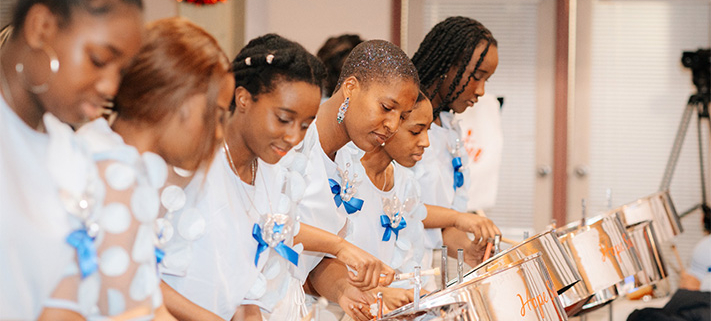
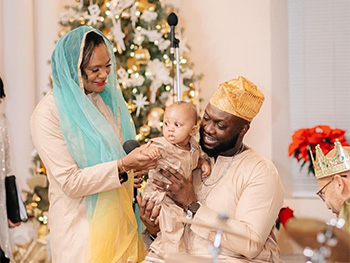
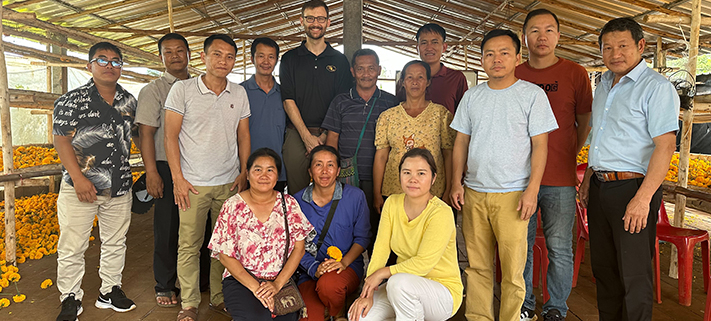
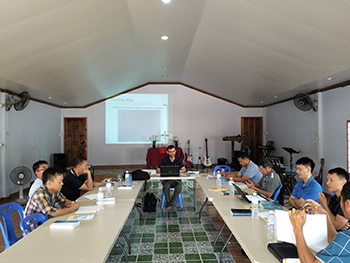
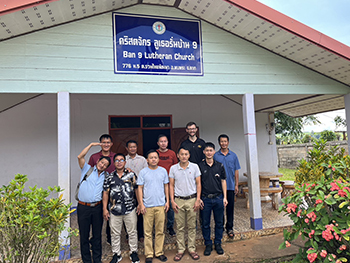
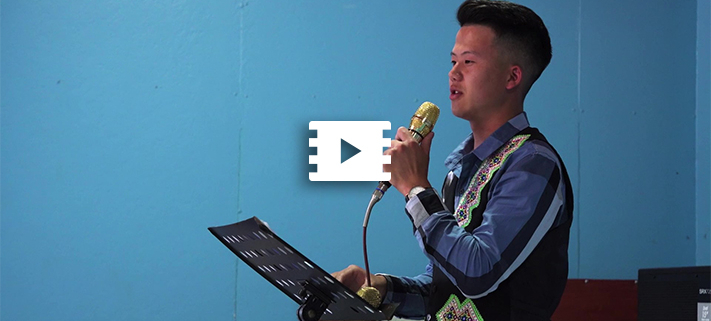
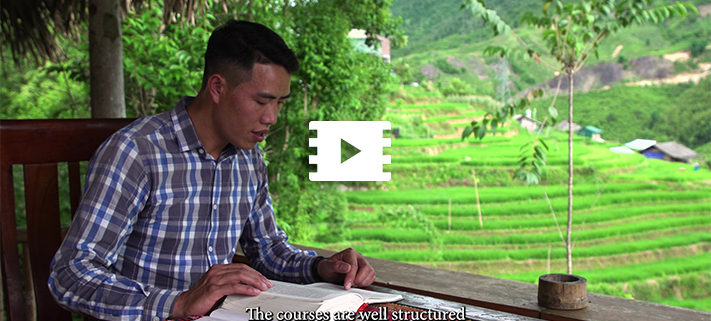
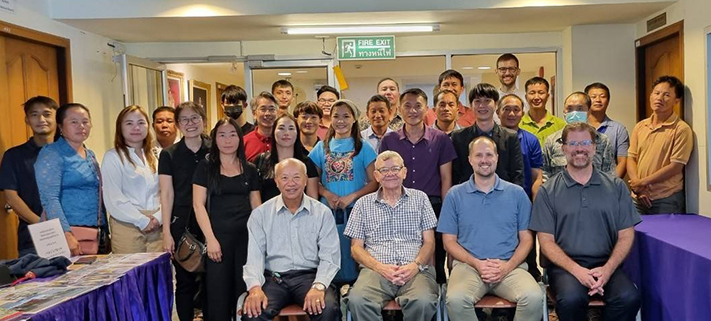
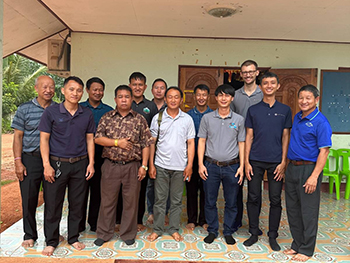
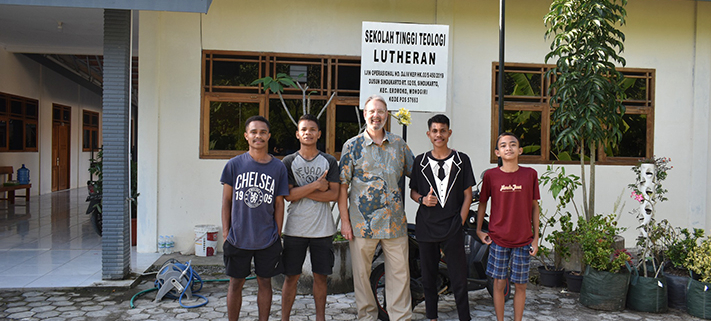
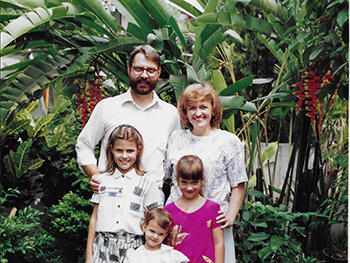
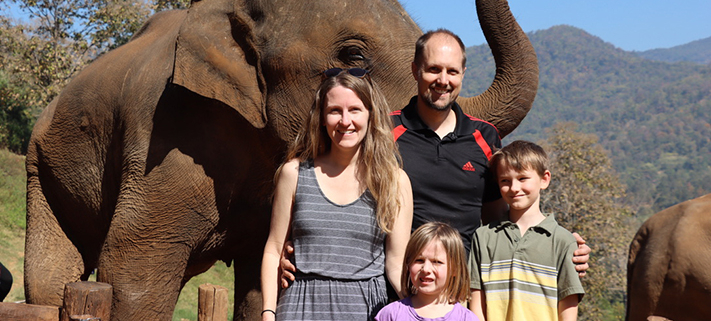
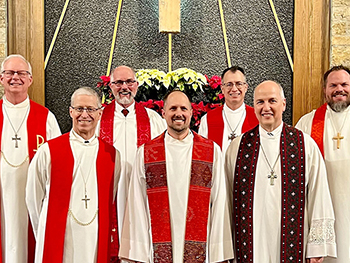
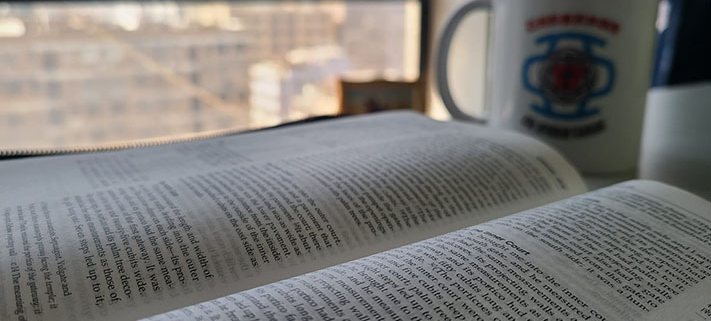
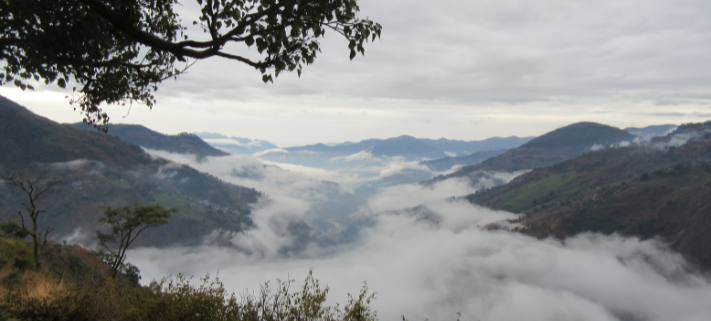
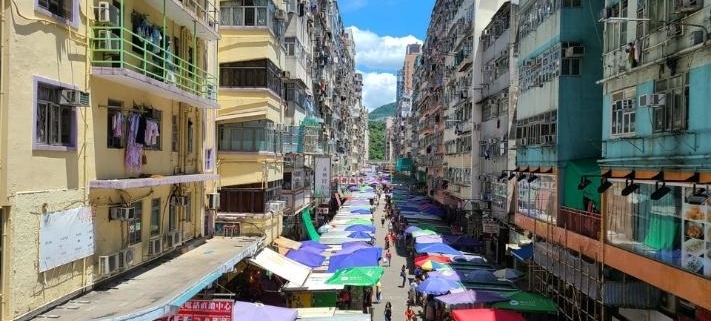

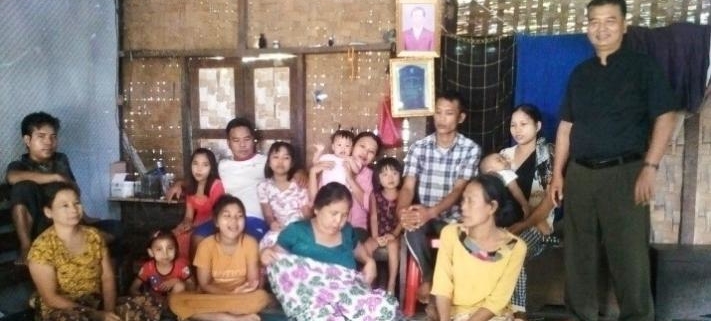
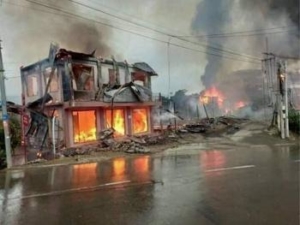
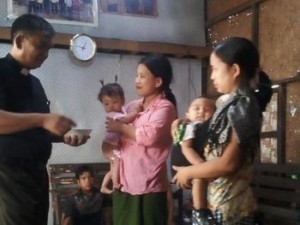
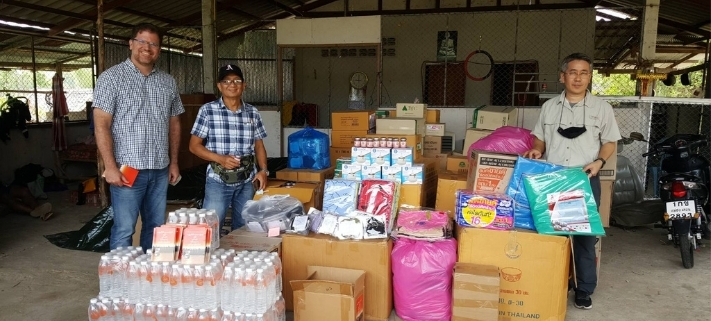
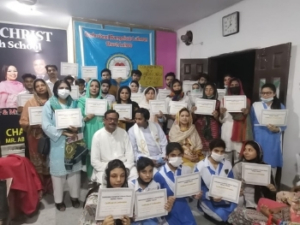
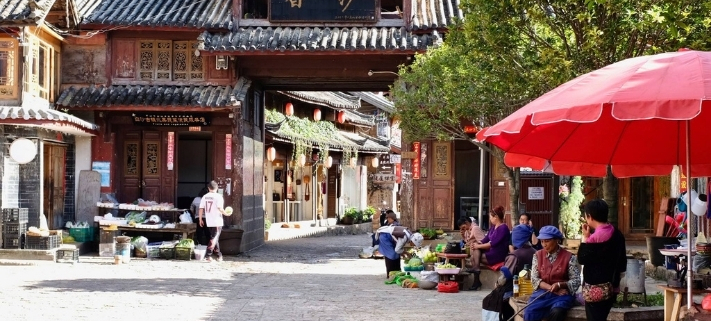


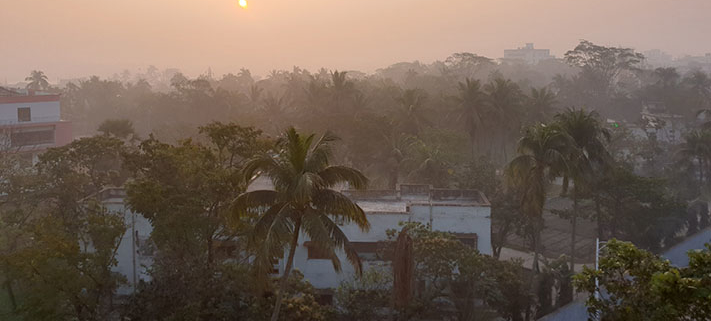
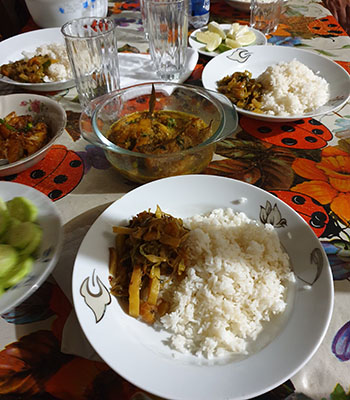
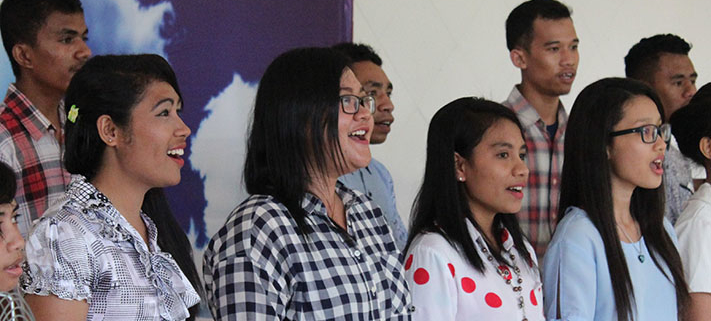
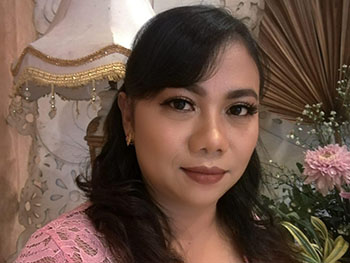

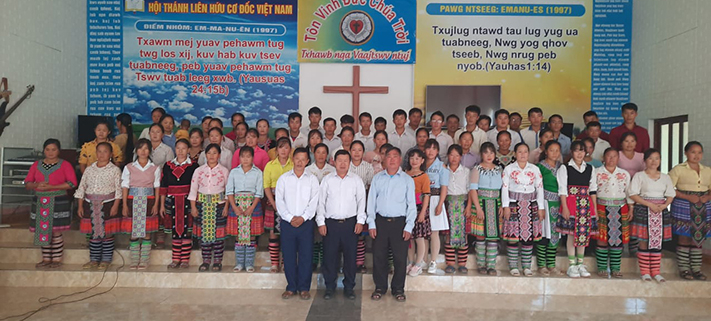
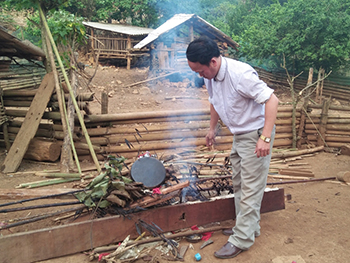
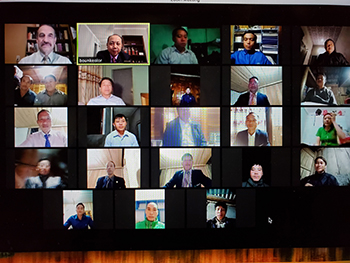


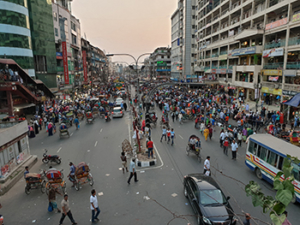
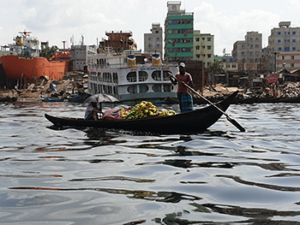

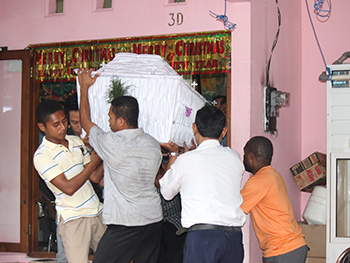
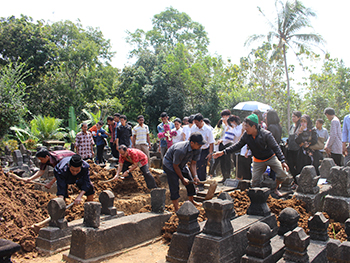

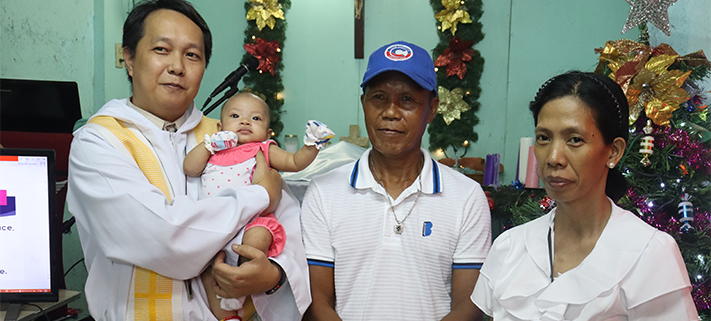
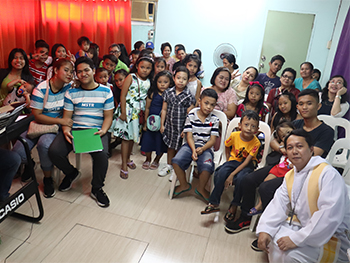
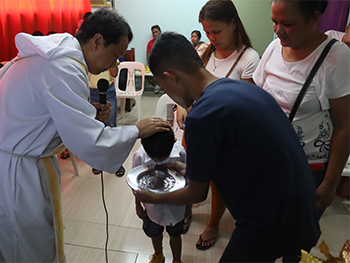
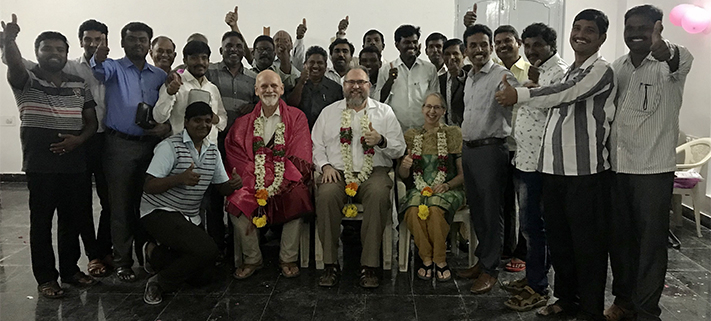
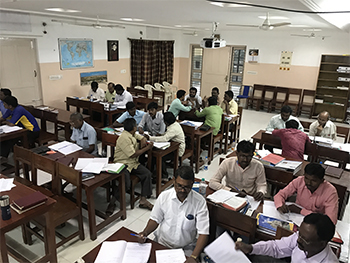
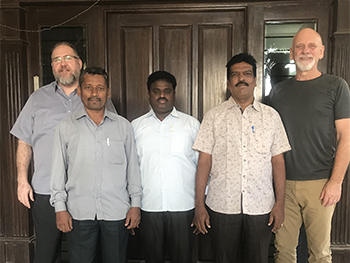
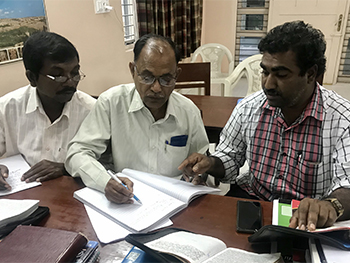
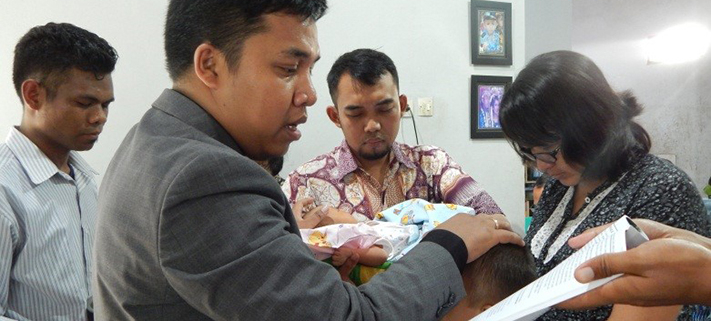
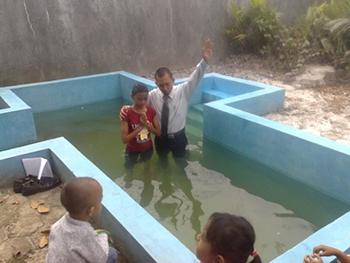
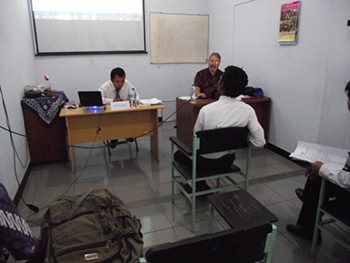
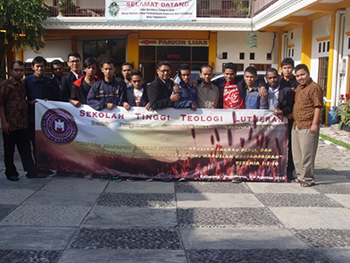
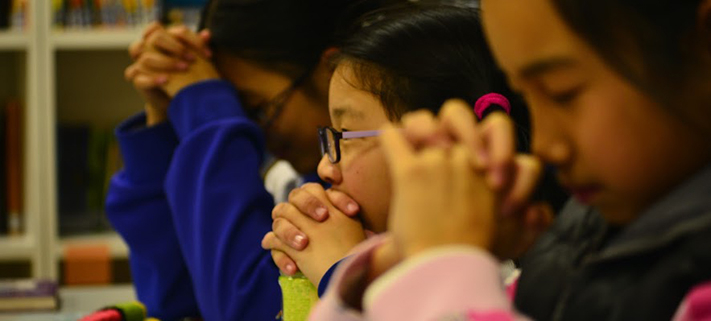
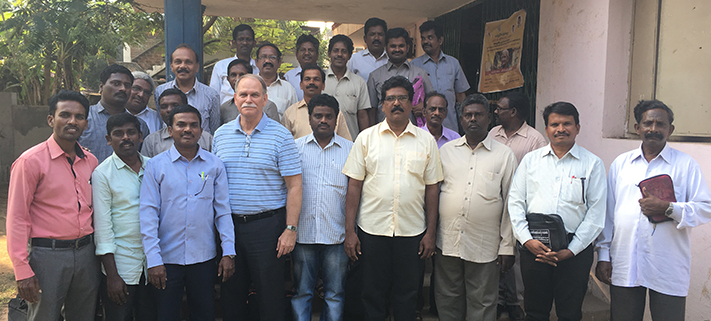
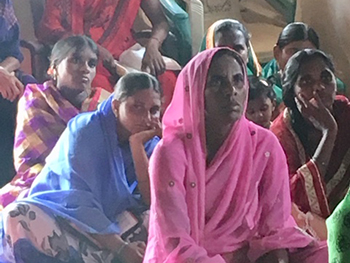 1) The caste system really hinders the spread of the gospel. In Zambia and Malawi, I saw how people from different tribes often didn’t get along well together. But the walls that tribalism erects in Central Africa pale in comparison to the barriers that the caste system builds to repel the gospel in places like South Asia. It’s rare for a Hindu of any caste to speak to a Christian. It’s practically unheard of for an upper caste individual to do so. God’s Word, of course, can accomplish great things. But it faces an enormous challenge among well over a billion people who live in South Asia. Something to keep praying about.
1) The caste system really hinders the spread of the gospel. In Zambia and Malawi, I saw how people from different tribes often didn’t get along well together. But the walls that tribalism erects in Central Africa pale in comparison to the barriers that the caste system builds to repel the gospel in places like South Asia. It’s rare for a Hindu of any caste to speak to a Christian. It’s practically unheard of for an upper caste individual to do so. God’s Word, of course, can accomplish great things. But it faces an enormous challenge among well over a billion people who live in South Asia. Something to keep praying about.